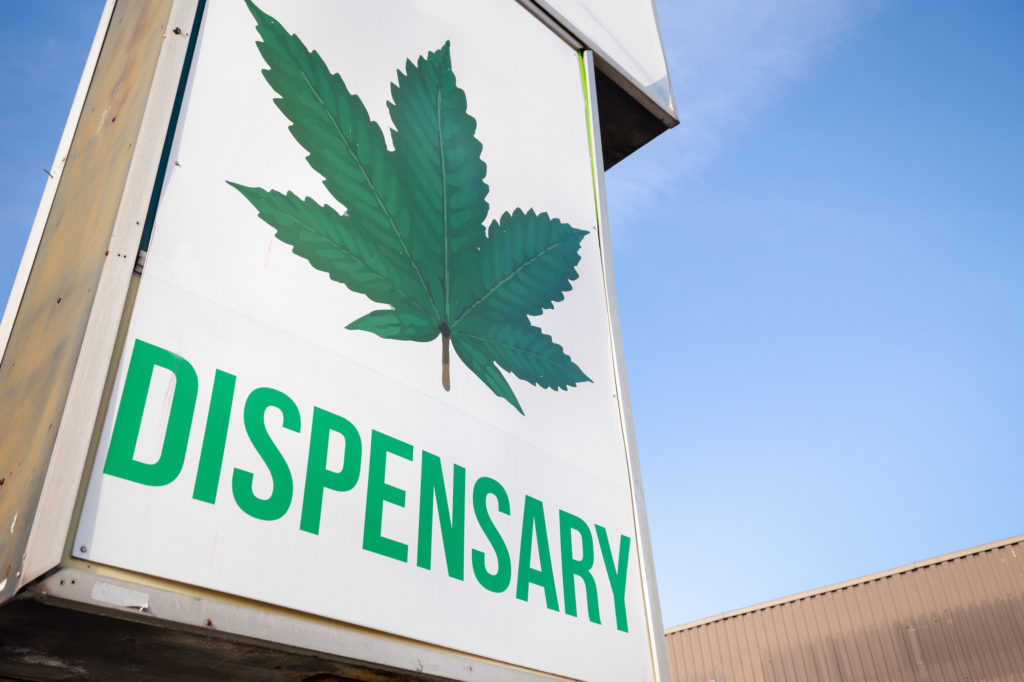As The Outlaw Report noted last week, cannabis companies are not eligible for federal support from the Small Business Administration (SBA) mostly because the federal government also doesn’t view cannabis as medicine. It remains a Schedule I drug under federal guidelines.
That also means the industry which like all other industries, is entering into a recession, is operating without the possibility of federal support which puts it at a disadvantage.
Last week, a letter was sent to the House and Senate and signed by the Cannabis Trade Federation, the National Cannabis Industry Association, National Cannabis Roundtable, Global Alliance for Cannabis Commerce, and Minority Cannabis Business Association. The letter asked that the restriction be removed so that cannabis businesses can qualify for federal assistance: “The ineligibility of cannabis businesses for disaster assistance loans is especially inequitable given that these same cannabis businesses are required to comply with other coronavirus-related measures, such as paid sick leave coverage,” the letter reads.
And during a digital panel sponsored by Cannagather earlier this month, Shanita Penny of Budding Solutions, a Baltimore-based cannabis consulting company, mentioned the need for the SBA to adjust its rules especially because of COVID-19.
“The SBA should be supporting and helping us to grow this industry,” Penny said. “And we’re seeing now the SBA step up for small businesses throughout the country but guess who does not have access to those funds and those programs? The cannabis industry.”
Penny had, in her capacity as the president of the Minority Cannabis Business Association, testified in front of Congress about this issue: “While we have worked tirelessly to ensure that cannabis policy is equitable on every level, our efforts have been crippled by a lack of access to and support from agencies like the SBA. Lack of access to capital contributes to the widening ownership equity gap,” Penny testified back in 2018.
Even if federal support were available to D.C. cannabis businesses, it would be significantly less than other states. In the $2 trillion stimulus tied to COVID-19, Washington, D.C. is considered a territory and therefore, receives far less federal funding than states—$750 million less. This is despite D.C. residents providing tax revenue that is greater than 22 of the 50 states.
In Maryland and Washington D.C., only “essential businesses” remain open right now and that does include medical dispensaries. This differs from federal guidelines which do not include dispensaries. United Press International spoke to Chanda Macias, a board member of the National Cannabis Roundtable advocacy group who is also part of National Holistic Healing Center in D.C.: “What’s important is that cannabis is considered medicine, and people need access to medicine during this time,” Macias said.
Just to say it one more time: The Drug Enforcement Agency (DEA) definition of a Schedule I drug—which federal guidelines categorize cannabis as such—is “drugs with no currently accepted medical use and a high potential for abuse.”
There is one cannabis-related exception to this rule, Marijuana Moment reported. And that is for hemp. Last week, the SBA’s Office of Advocacy even posted an article titled “Hemp: A Possible Blossoming Business For America’s Small Farms,” which detailed a trip to a Virginia hemp farm.
“During this visit, Advocacy learned about the various non-CBD uses for hemp, and that the rule as written would stifle the ability of small producers to grow for purposes other than manufacturing CBD products,” SBA Assistant Chief Counsel Prianka Sharma wrote. “It should be noted that USDA’s rule does not differentiate between hemp grown for CBD uses, and hemp grown for other purposes.”
Photo by Adam Melnyk / Shutterstock

